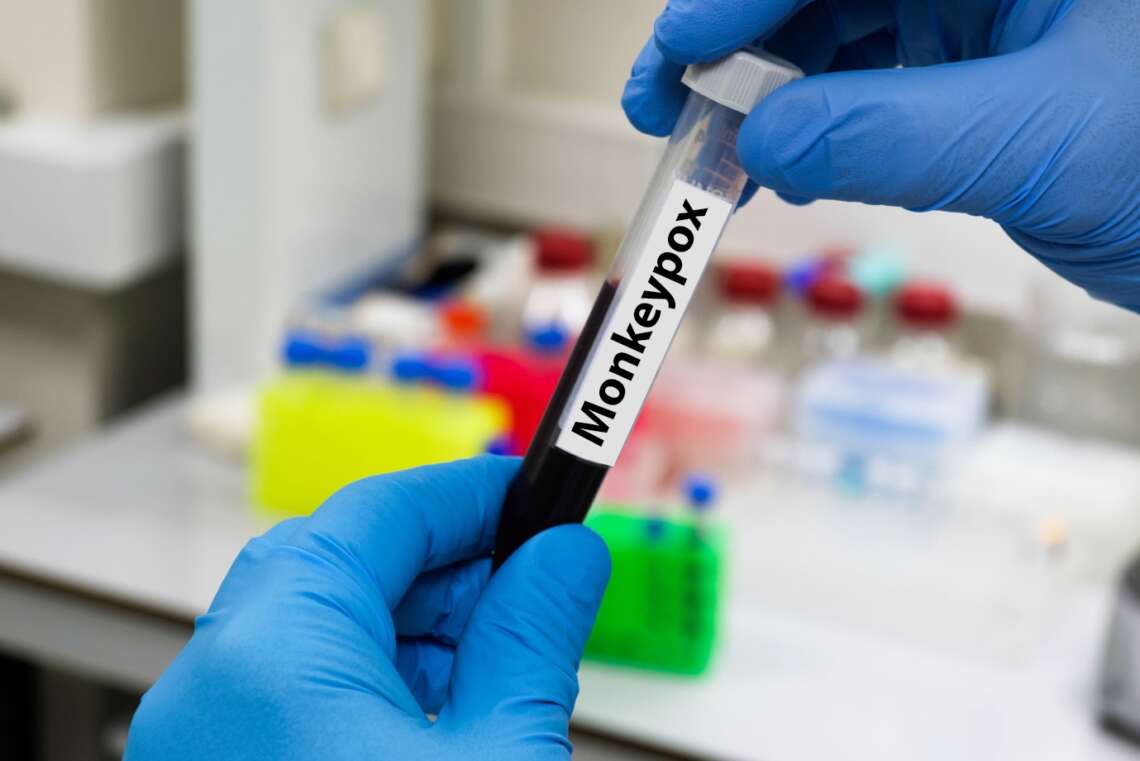Experts fear that without swift intervention, the disease could cross into neighbouring countries, particularly Somalia and Kenya, where health systems already face significant pressure.
The Africa Centres for Disease Control and Prevention (Africa CDC) has sounded the alarm over a growing mpox outbreak in southern Ethiopia, urging urgent and coordinated containment measures to prevent further spread, particularly across national borders.
The outbreak emerged in the town of Moyale, located near the Kenyan and Somali frontiers, with Ethiopia confirming its first case on May 25 in a 21-day-old infant. Since then, the number of infections has risen to six, the Ethiopian Ministry of Health announced on Friday, following the confirmation of three additional cases.
Ngashi Ngongo, Chief of Staff and Head of the Executive Office at Africa CDC, highlighted the geographic sensitivity of the situation during an online media briefing. “The proximity to Somalia, and knowing all the challenges in Somalia, makes it so that we really need to be very bold and aggressive to control this outbreak from the source so that it does not expand from the region,” he said.
CDC’s Ngongo emphasised the need for local and regional authorities to step up surveillance, public awareness, and vaccination efforts, particularly in border areas with high population mobility.
Experts fear that without swift intervention, the disease could cross into neighbouring countries, particularly Somalia and Kenya, where health systems already face significant pressure. Moyale, a key border town with extensive cross-border movement, poses a unique challenge to containment efforts.
Since the beginning of 2023, the African continent has reported 139,233 cases of mpox, with 34,824 confirmed and nearly 1,800 deaths, according to Africa CDC data. While mpox was once considered a rare disease, primarily confined to remote parts of Central and West Africa, recent outbreaks have demonstrated its potential for broader transmission.
The World Health Organisation (WHO) describes mpox as a viral infection that causes a painful rash, swollen lymph nodes, fever, and fatigue. The illness typically begins within a week after exposure, although symptoms can appear anywhere from one to 21 days. The rash often starts on the face before spreading across the body, including the hands, feet, and genitals.
Transmission of mpox occurs mainly through close physical contact with an infected person, including skin-to-skin or respiratory exposure, as well as contact with contaminated materials such as bedding or clothing. Though most patients recover within two to four weeks, the disease can lead to severe illness, particularly in immunocompromised individuals.
Ngongo emphasised the need for local and regional authorities to step up surveillance, public awareness, and vaccination efforts, particularly in border areas with high population mobility. “Early identification, community engagement, and strong collaboration between countries are essential to prevent mpox from becoming a wider health emergency,” he added.
The call to action comes amid growing concern that fragile health systems and limited resources in parts of East Africa may hamper efforts to detect and isolate new cases swiftly. In response, Africa CDC has pledged to support national health authorities with technical assistance, surveillance tools, and community outreach strategies.
With no signs yet that the outbreak is under control, health officials are racing against time to contain the spread and avoid a repeat of past public health crises that were exacerbated by delayed responses and lack of coordination.
As Ethiopia contends with the current outbreak, international health agencies and neighbouring countries are closely monitoring developments in the hope that swift and decisive action can keep mpox from spiralling into a broader regional threat.











